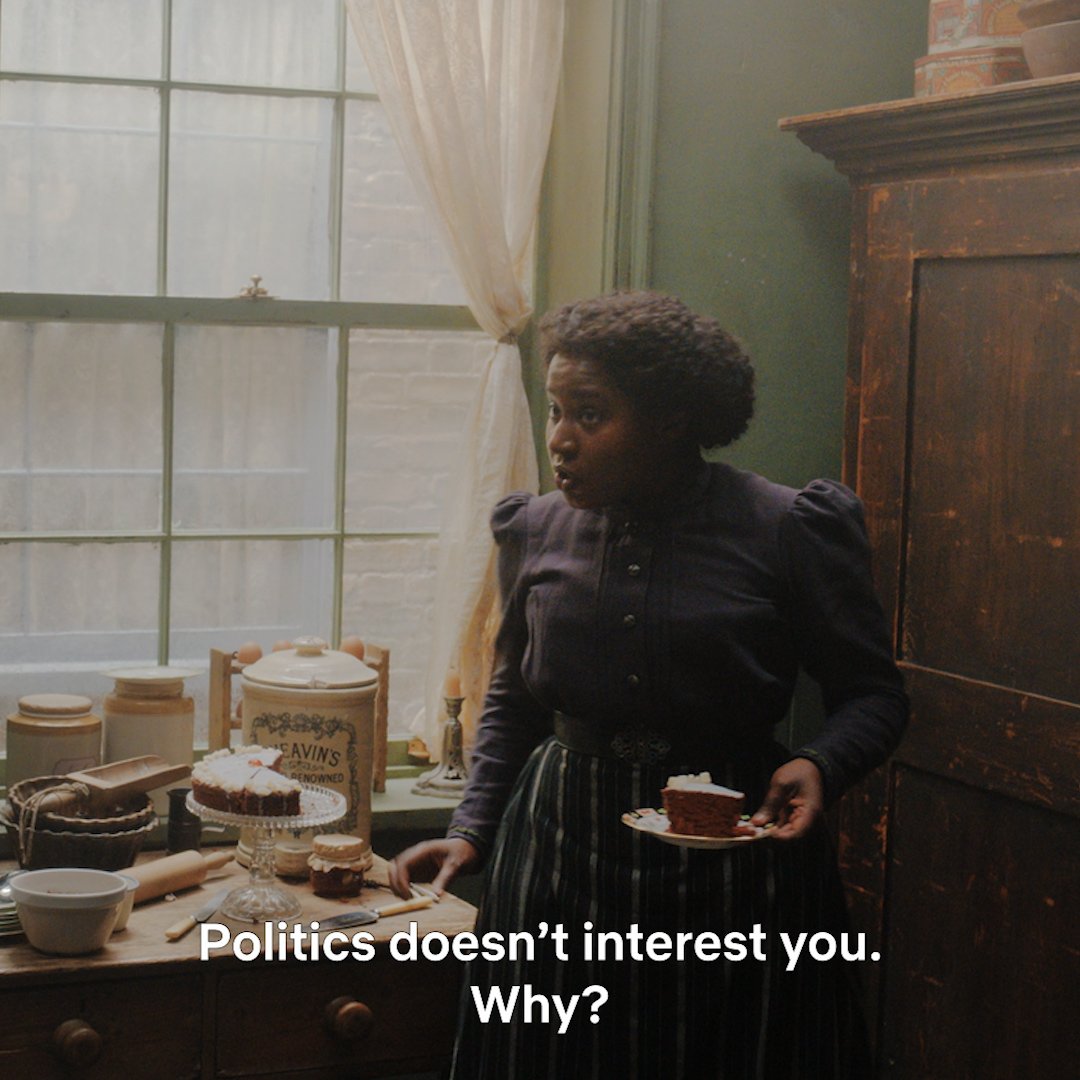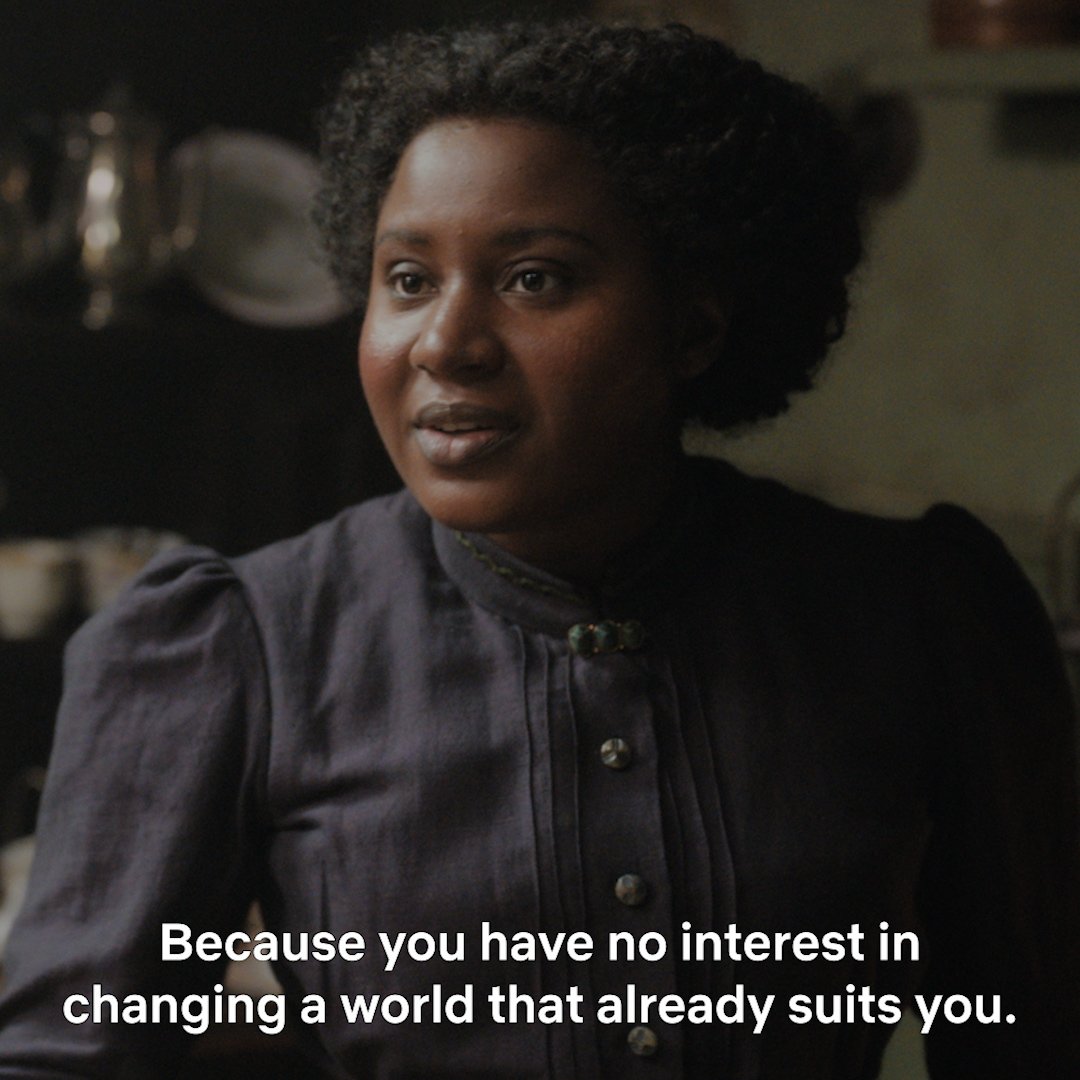Rethinking Academic References: Power, Bias, and the Path to Equitable Evaluations
Politics don’t interest you, why? Because you have no interest in changing a world that already suits you. This quote perfectly sums up not only the state of academia but let’s be honest, the state of the world we’re in and explains the general apathy we’re witnessing all around us.
Those who benefit most from the existing academic system are often the ones least inclined to challenge it. They are also the same people who “proclaim” science as a pure meritocracy, unbiased, apolitical, and fair.
Even though, evidence after evidence points to a system steeped in inequity, gatekeeping, and exclusion, particularly for marginalized groups.
LGBTQ+ individuals and people of color (POC) and those with disabilities or neurodivergence ( or anything else that can land you in the land of the unfortunate) in STEM fields face substantial discrimination. This goes beyond subtle microaggressions; it seeps into hiring practices, funding opportunities, and even everyday environments.
- Systemic inequalities for LGBTQ professionals in STEM
- “If you aren’t White, Asian or Indian, you aren’t an engineer”: racial microaggressions in STEM education
- National Center for Science and Engineering Statistics Report on diversity trends in STEM
- Topic choice contributes to the lower rate of NIH awards to African-American/black scientists
- Gender, Race/Ethnicity, and National Institutes of Health R01 Research Awards: Is There Evidence of a Double Bind for Women of Color?
We claim that academia rewards talent and hard work, yet we KNOW that the power dynamics at play, particularly in the traditional referencing system and it’s fall out. How can we, as scientists, call ourselves rational and objective when we live in a state of denial? The cognitive dissonance is just baffling.
Don’t you think it’s time to face the uncomfortable truth: the academic reference system, as it stands, is deeply flawed, and it perpetuates systemic biases that undermine the very ideals of science.
In the traditional academic framework, the concept of “providing a reference” holds a gigantous influence on whether someone advances in their career or faces barriers. This reliance on references can be particularly damaging for marginalized folks, who may already be navigating toxic environments dominated by individuals with unchecked power (PI from hell, rings a bell?), and it is built on the assumption that supervisors and advisors always act in good faith and references would be impartial reflections of an individual’s work. In an ideal world, yeah right??
But in reality, the personal biases, grudges, or prejudices of a supervisor can severely skew a reference, sometimes to the point of sabotaging an someone’s career.
The major issue is the sheer power imbalance embedded in the reference process, where “providing a reference” has the ability to effectively ruin a person’s career with a few choice words, or even with silence.
Also, is it not like the students, or those who find themselves in this unfortunate situation have a lot of support either. The academic culture often discourages them from speaking up about mistreatment (or anything else for that matter).
Institutions prioritize their reputation over the well-being of their people!
They created this culture where speaking out against a powerful advisor is viewed as “career suicide” and it makes it incredibly difficult for people to seek redress or even question the fairness of the reference process (let alone the treatment they are subjected to).
Where are the checks and balances when it comes to references? To make things worse, references are typically confidential and not scrutinized by someone else (or the person in question). This secrecy, while intended to encourage honesty, often shields abusive behavior and prevents accountability. Peer review any one?

The gatekeeping function of references often ensures that people who do not conform to the expectations or norms of their supervisors are filtered out. This disproportionately impacts individuals who are LGBTQ+, POC, neurodivergant, disabled, or those who simply do not fit the mold of what a traditional academic is “supposed” to be. A negative or lukewarm reference, or worse, a lack of a reference, can be devastating in a system that still relies heavily on hierarchical endorsements.
Take for example, an international PhD student from a marginalized background, their visa status may hinge entirely on their academic standing, which in turn depends on the goodwill of their advisor. If that advisor is abusive or exploitative, the student has very few options. Speaking out could lead to a bad reference, which might close off future opportunities, all while jeopardizing their legal status in the country. The stakes are incredibly high, and the student’s vulnerability is amplified by the power wielded by the supervisor.
This is not an isolated case, students have been made to work excessive hours, perform personal errands for supervisors, or put up with verbal and emotional and sometimes physical abuse, all while knowing that a negative reference could jeopardize their entire career.
As a consequence:
Students expressed struggling with poor mental well-being primarily because of negative experiences during their graduate training. In fact, studies show that up to 50% of graduate students report symptoms of depression, anxiety, or burnout during their training, and poor mental well-being is a major contributor to students’ decision to leave academia https://doi.org/10.1152/ajpheart.00466.2023
The mental health of PhD researchers demands urgent attention https://www.nature.com/articles/d41586-019-03489-1
Why, in this day and age, do we still rely so heavily on academic references? and What are the alternatives?
Establish a systematic referencing process that incorporates peer review and integrates formal mentorship evaluations into reference letters. Instead of allowing a supervisor free rein to write whatever they please, they could be asked to fill out a structured evaluation form with specific questions about the candidate’s skills, achievements, and areas for growth.
Institutions could implement 360-degree reviews, which gather input from mentors, peers, lab members, and collaborators. This would provide a more holistic view of an individual’s contributions and reduce the disproportionate influence of any one person.
Another alternative is to introduce extended personality interviews or trial periods, where candidates are paid to spend time in their potential future environment. This would allow both the candidate and the prospective employer to evaluate fit without the high stakes of a permanent decision based on a potentially biased reference.
Lastly, be kind, and carry on.
Now,,,let’s grab a coffee and go for another rant……see you soon!


